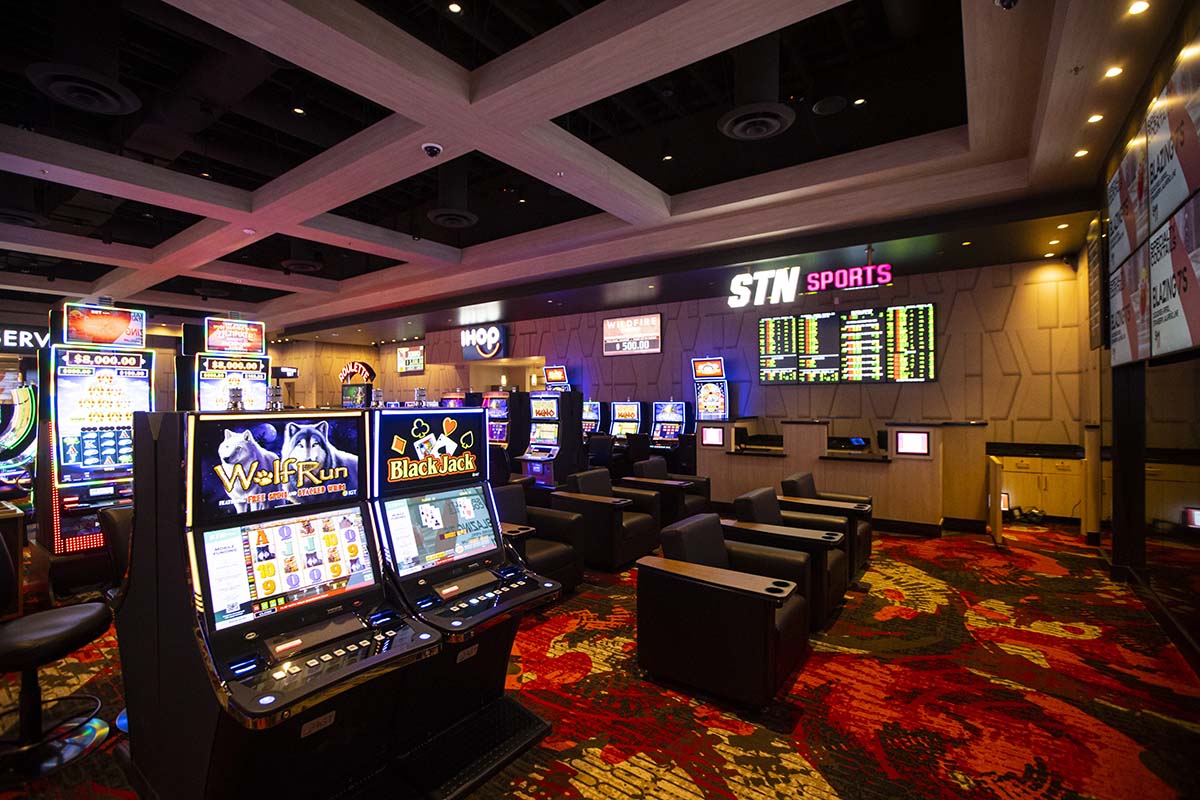
In the dynamic world of gambling, gambling house games have long enthralled the imagination of gamblers around the world. These options, spanning classic table options like blackjack to the spinning reels of fruit machines, offer an fascinating mix of randomness and tactics. While luck undeniably plays a significant role in determining outcomes, the role of expertise in many casino options cannot be neglected. Comprehending how knowledge shapes the game can elevate not only a gambler’s engagement but also their likelihood of winning.
As we dig into the mechanics of gambling games, it becomes apparent that some need a strong grounding of wisdom and planning. Games like Texas Hold’em call for more than just chance; they require strategic thinking, mental insight, and calculated decision-making. In contrast, other activities, such as the roulette wheel and slots, are primarily based on luck, allowing participants to rely solely on luck. This distinction raises thought-provoking questions about what truly drives success in the realm of casinos and how a participant’s competences can tilt the balance in their favor.
Comprehending Skill vs. Luck within Casino Activities
Within the world of casino games, the discussion between skill and luck is a long-standing one. Several games are often divided into two categories: those that rely predominantly on chance, such as slot machines and roulette, and those where skill plays a significant role, like the game of poker and blackjack. đăng nhập iwin The distinction is crucial because it influences not only gameplay strategies but also the approach players adopt when engaging with these games. While luck can play a critical role in the short term, skilled players can increase their chances of winning over the extended period in skill-based games.
Skill-based games, particularly poker, necessitate players to comprehend odds, psychology, and game strategies. A seasoned poker player can analyze rivals, make calculated bets, and understand when to fold, all of which can lead to more favorable outcomes. Conversely, in games that are purely chance-driven, no amount of skill can alter the odds. This implies that although a player may win big in one session, their success may frequently be at the mercy to the whims of chance results rather than any strategic expertise.
Ultimately, both skill and luck coexist in the world of casino games, forming a vibrant environment for players. Although games of chance can provide thrill and instant gratification, mastery and strategy in skill-based games offer a deeper level of engagement for those willing to invest time in refining their craft. This interaction between skill and luck defines the journeys of players and influences their connection with the games they choose to play.
The Impact of Expertise on Casino Results
In the world of casino games, ability plays a significant role in determining the outcomes, especially in games where tactics and decision-making are paramount. For example, in poker, competitors must assess rivals, calculate odds, and make calculated bets to maximize their odds of winning. Unlike games that depend purely on luck, such as slot machines or roulette, poker demands an understanding of both the rules and the psychology of other players, making expertise a vital component of victory.
Additional skill-based games, like blackjack, also emphasize the significance of player skill. Understanding of basic strategy, card counting, and when to hit or stand can significantly influence the house edge. A skilled 21 player can reduce this edge and improve their chances of success significantly. This contrasts sharply with games that do not allow for such strategic play, demonstrating how the level of expertise influences the potential for favorable outcomes.
Moreover, even within games deemed primarily luck-based, like the game of craps, the choices made by gamblers can impact their overall performance. Choosing the right bets, comprehending the likelihoods of different outcomes, and controlling one’s funds are essential factors that can enhance a player’s experience and results. Thus, while luck remains a component in casino games, ability can significantly affect how efficiently participants navigate these environments, leading to more positive outcomes.
Approaches for Expert Play in Gaming Establishments
To thrive in gambling games, players must develop a strong comprehension of the rules and odds involved in every game. This foundational knowledge enables individuals to make informed choices, especially in skillful games like poker and blackjack. Becoming acquainted oneself with game strategies, such as keeping track of cards in blackjack or recognizing wagering trends in poker, can significantly enhance a player’s chances of success. Sharpening these strategies through practice games or low-risk games allows players to hone their skills without risking substantial amounts of cash at risk.
Another key approach is money management. Players should set a spending limit before going into the casino and adhere to it faithfully. This involves determining how much they are prepared to lose and imposing restrictions on how much they will wager in each session. By keeping a regulated approach to spending, players can maintain their play and reduce the risk of significant losses. Additionally, taking breaks can help preserve a clear head and prevent rash decisions that often lead to poor play.
Finally, managing emotions is essential in the intense environment of a gambling house. Players must learn to manage their emotions, particularly during periods of winning or losing runs. Staying attentive and not letting emotions influence gameplay can lead to more sound decisions. Techniques such as deep breathing or walking away from the table during heated moments can help keep calmness. By cultivating a steady mindset, players can approach gambling games with confidence and expertise, ultimately improving their complete gaming experience and outcomes.
